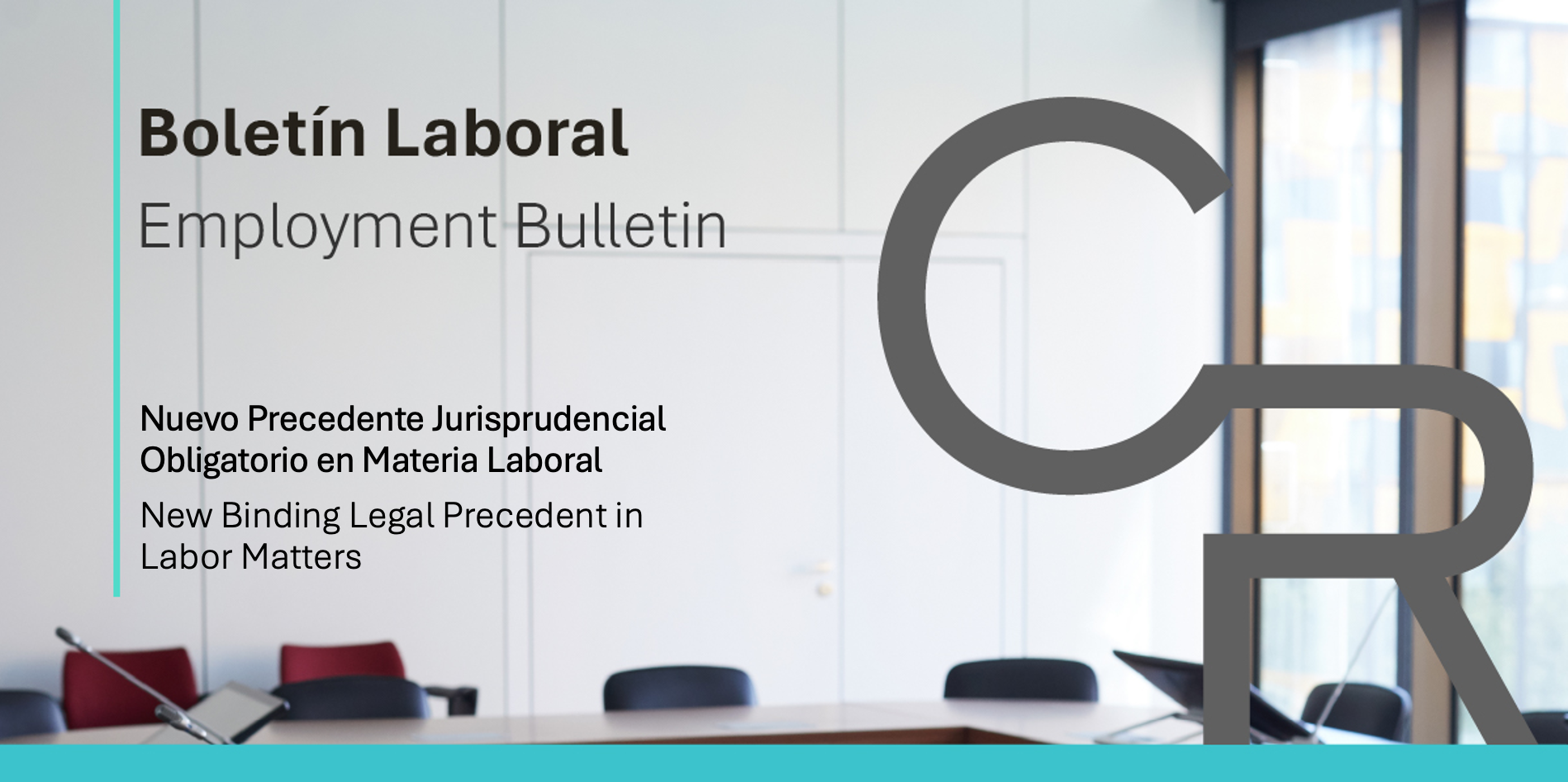The National Court of Justice, through Resolution No. 15-2025, has issued a new binding jurisprudential precedent in labor law matters.
The Specialized Chamber for Labor Law identified a recurring issue in several cases where the plaintiff’s (employee’s) testimony as a party was considered, on its own, sufficient evidence to prove the facts alleged in their complaint.
The analysis was grounded on the principles of evidence assessment established in the Organic General Code of Processes (COGEP), which mandate that evidence must be evaluated as a whole and in accordance with the rules of sound judicial discretion (sana crítica). Consequently, the plaintiff’s statement as a party cannot be the sole piece of evidence sufficient to prove the facts alleged in the complaint.
Binding Jurisprudential Precedent
The Plenary of the National Court has resolved to declare the following point of law as a binding jurisprudential precedent:
“In labor law matters, the plaintiff’s testimony as a party does not, by itself, constitute suitable and sufficient evidence to prove the facts alleged in the complaint. Therefore, for said testimony to acquire evidentiary sufficiency, it must be corroborated by external, objective data that allows it to be subjected to an examination of credibility, verisimilitude, and reliability.”
Effects of the Resolution
- This precedent is of mandatory compliance for all judges in the country, including the National Court of Justice itself.
- The resolution entered into force upon its publication in the Official Gazette (September 1, 2025).


